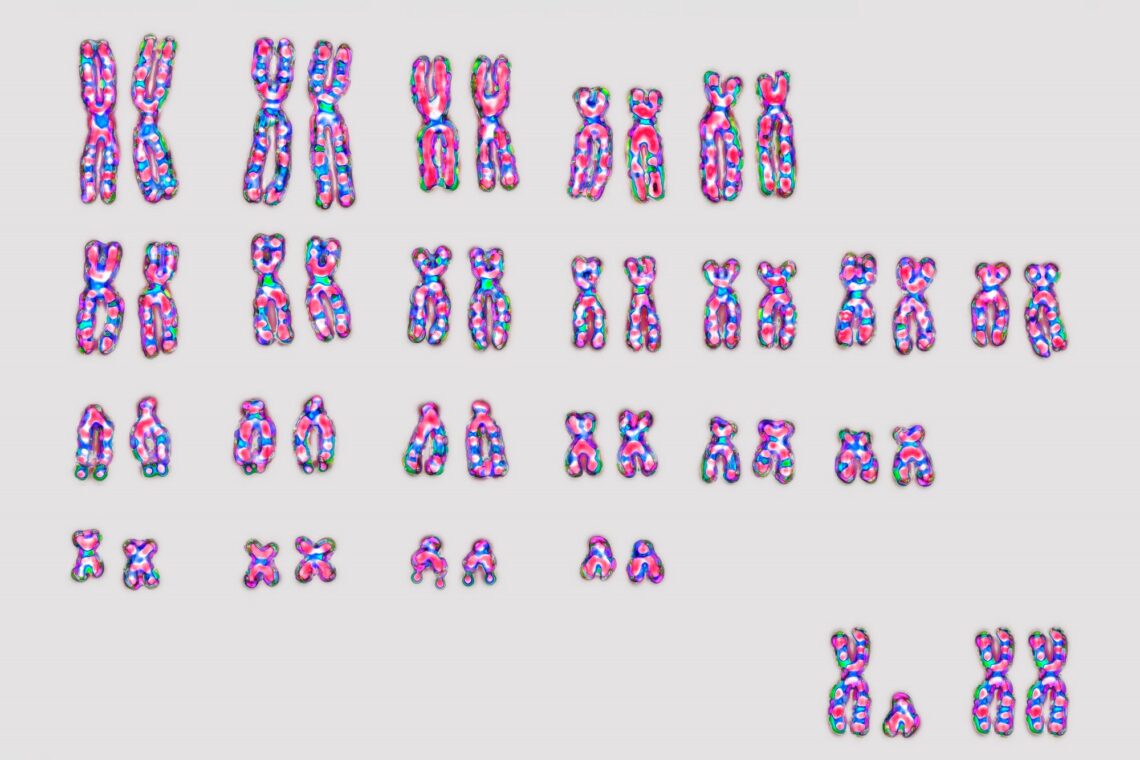When urologic oncologist Dan Theodorescu thinks about his 25 years of research on bladder cancer, he remembers being in a flow. “When you hit something, you know in your gut that it’s really important and everything works out because you’re onto something.” His latest study, published on June 21 in the journal Nature, provides a clearer picture on why men have a greater risk for bladder cancer.
The trailblazing findings draw a clear connection between the disease and damage to the Y chromosome—the genetic structure that largely distinguishes male from female in mammals at birth. Bladder cancer is a sexually dimorphic disease with men making up a disproportionate amount of cases. In fact, men have a 1 in 28 chance of developing the cancer, compared to women, who have a 1 in 91 chance. Theodorescu, now the director of the Samuel Oschin Comprehensive Cancer Institute at Cedars-Sinai, sought to understand why men are more prone to developing this type of cancer. Beyond risk factors like smoking cigarettes, he narrowed his decades-long search to changes in hormones and chromosomes. Previous work in the field had found that an increase in androgens, which are produced in the testes and ovaries, interferes with the body’s ability to fight off cancerous tumors. However, until this current study, few researchers focused on the role of chromosomes in bladder cancer.
As men get older, they naturally see the Y chromosome disappear in some cells. It’s a common phenomenon—at least 40 percent of men partially lose their Y chromosome by age 70. Previous research has linked that loss with several health problems, including an increase in heart failure, Alzheimer’s disease, and premature death.
[Related: What is a pangenome?]
Theodorescu and his team started by studying several bladder cancer cell lines (a population of cells bred from a single common cell). They grew and isolated two sets of cells from male mice whose fathers had either…
Read the full article here

